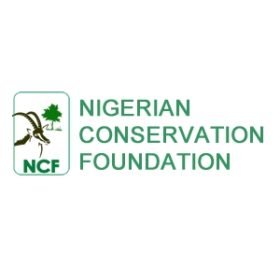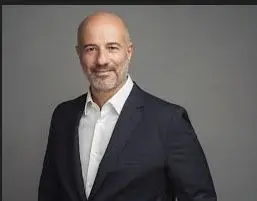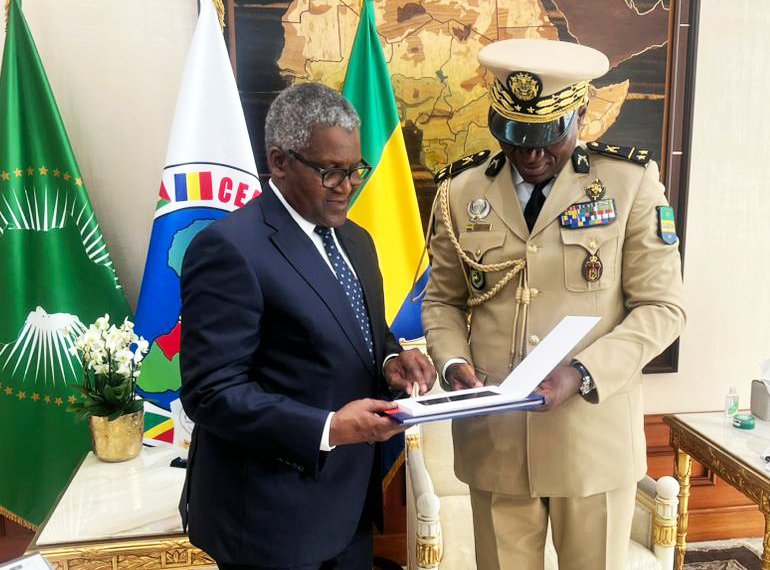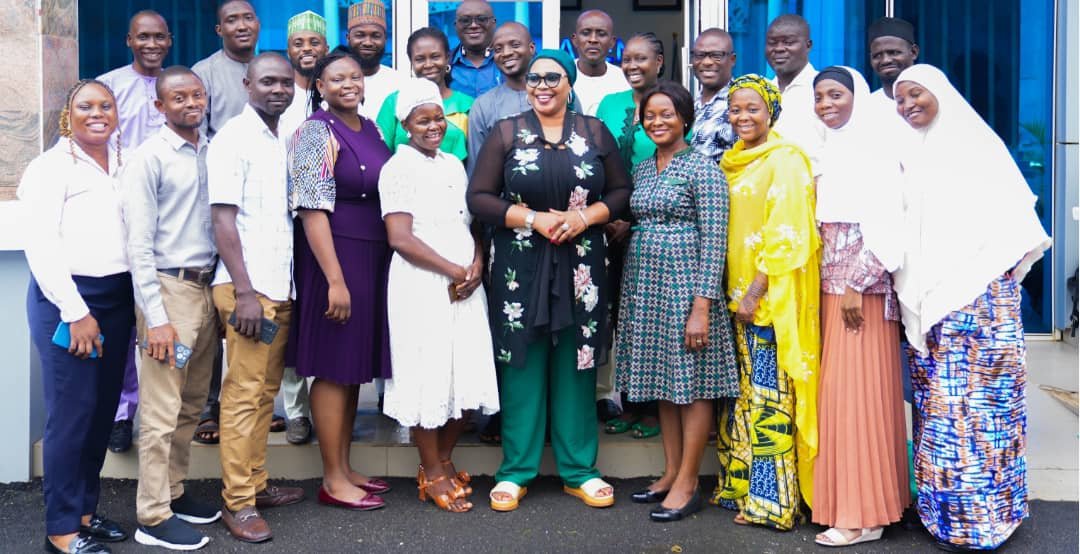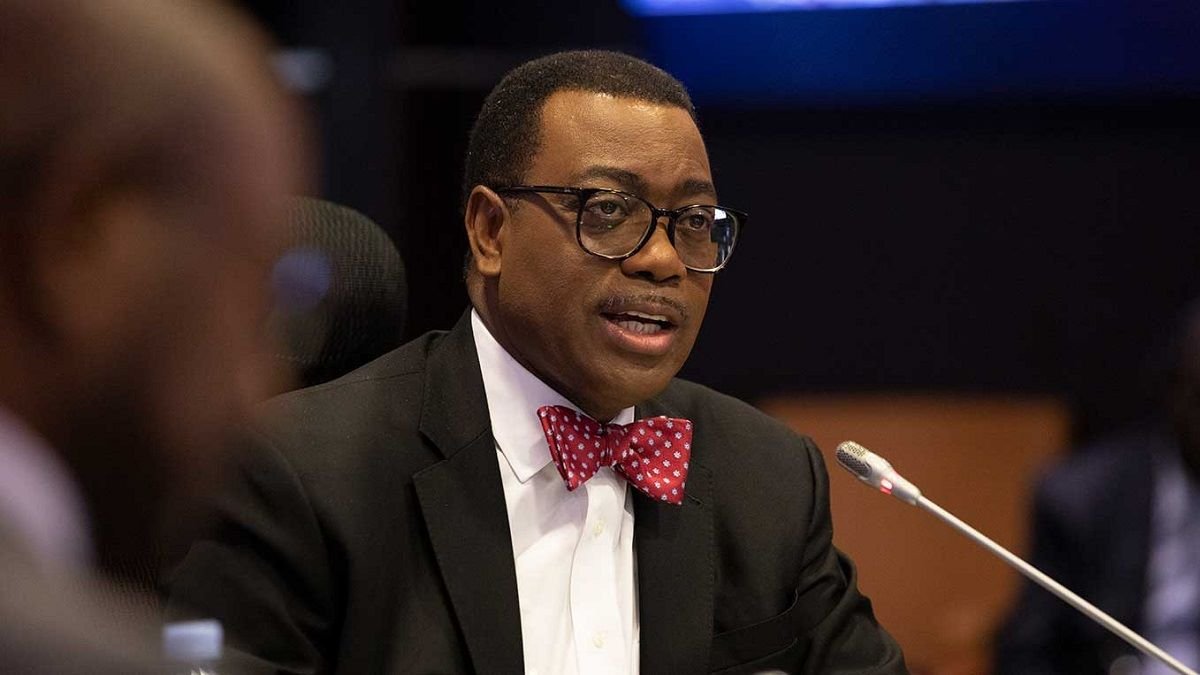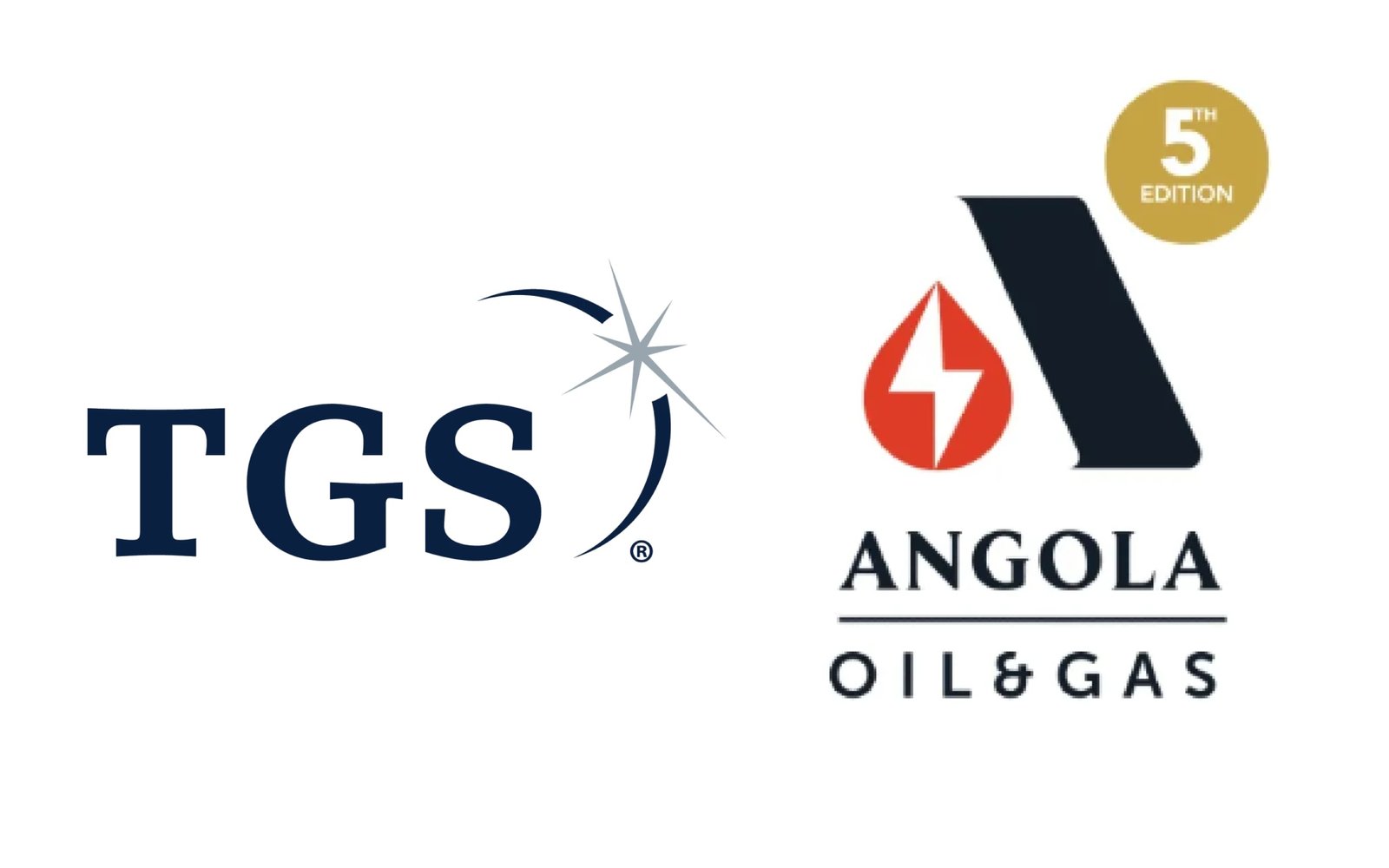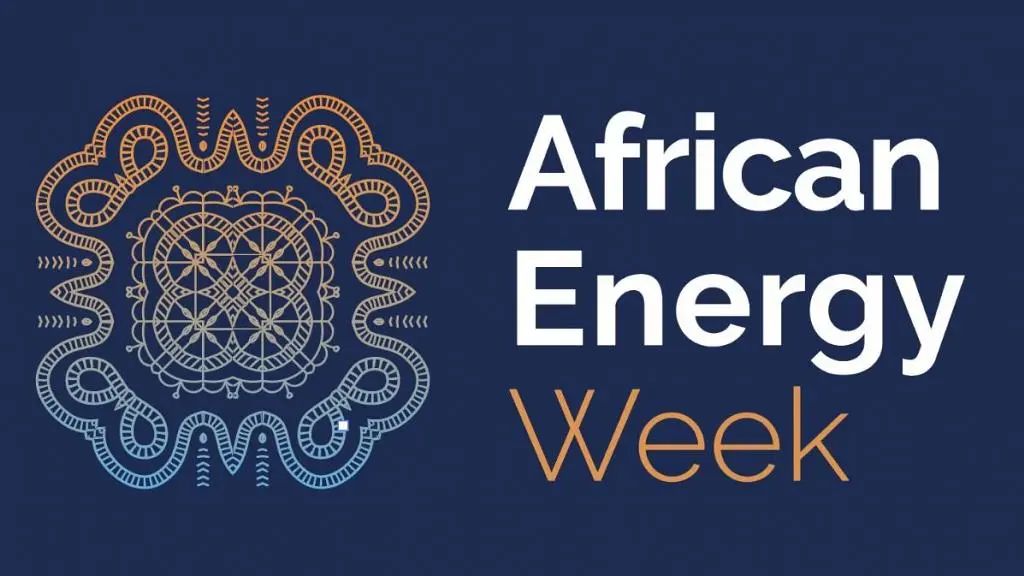NCF, Oando Foundation, NGOs, others task FG on environmental sustainability
Representatives of the Nigerian Conservation Foundation, NCF, and other environmental Non-Governmental Organizations, NGOs made the submission at a capacity building workshop on recycling and environmental sustainability, for some primary school teachers in Lagos.
They said with the setbacks on the nation’s economy occasioned by the Covid-19 pandemic, the business of wastes recycling could be a viable means of revenue generation for families and that school children are in the privileged position to drive the campaign.
Jointly organized by the NCF and Oando Foundation, the workshop exposed participants to diverse areas of waste recycling and reuse, including the use of plastic bottles to manufacture furniture materials like mattresses, duvets , chairs, and tables.
Another interesting aspect of the workshop was the production of organic fertilizers using plants and animal wastes products such as leaves, sawdust, chicken and rabbit materials, and sand to mention but a few.
In a remark, the official in charge of environmental education at NCF Mrs. Abidemi Balogun said the overall objective of the project is to sustainably manage wastes that are menace across the world.
Mrs. Balogun explained that in achieving its vision of a Nigeria where people prosper while living in harmony with nature, the foundation has consistently partnered different organizations with similar vision and hoped that this would become another success story at the end of the day.
“The path that we have chosen this time is the path of waste management. It is a menace across the world. So we have to put every resource we have to achieve this. We want to change the mindset of people to stop pollution and know how to manage their wastes properly”.
“We need to teach them creative ways of doing this. That is why we are building their capacity, to give them some skills of what they can achieve with plastic bottles and other waste materials. Let them know that the waste is not waste until it is wasted. This is why we are building the capacity of teachers and community members. After this training, the teachers will step down the knowledge gained to their pupils”, she said.
Mrs. Balogun said NCF is open to partnership with other well-meaning organizations and individuals to expand the training to many schools within and outside Lagos State.
The Lead Facilitator , Mrs. Temitope Okunu who is the CEO of FABE International Foundation, an NGO that champions environmental sustainability issues, noted that if massively adopted by governments across the country, the waste to wealth initiative using school children as a major target group would help to effectively mitigate the impacts of climate change and tackle hunger and poverty among Nigerians.
Emphasizing that part of the goal is to stop wastes from ending up at dumpsites, Mrs. Okunu they are trying to teach the next generation how to properly dispose of their waste materials and to take advantage of the economic potential in wastes recycling and reuse to lift millions of Nigerians from poverty at post-Covid-19 era.
She explained that “We are trying to mitigate the effects of climate change on the people and the environment, and we believe that children are the best people to learn the skills. So, we are teaching their teachers to be able to step it down to them.
“All of us just came out of Covid-19 and many parents lost their jobs and sources of livelihood because of the pandemic. So we are teaching them today that even though we are trying to mitigate climate change and stopping pollution and also making our environment clean, we can make money from the environmental sustainability projects.
“When we talk about upcycling, we mean creative use of waste materials to design functional products that people can buy, like chairs, tables, Christmas decorations materials, and others. Also, turn food wastes into composts that can be used as organic fertilizers for your gardens. We want to teach them not to use chemical fertilizers. Chemicals destroy our immune system. So, we need to grow food using organic manures and pesticides to protect our immune systems.
“We also thought them how to separate their wastes from their houses. We have exposed them to different ways of managing food
wastes.
“The children are meant to learn these so that we can stop pollution from ending up at dumpsites and not just dumpsites, but making sure that wastes generated by everyone in Lagos and the country at large is not contributing to climate change or pollution of our environment”, she concluded.
Participants at the workshop, including teachers of Metropolitan Primary School, Orile Iganmu, and community members said it has been a major eye-opener for them while promising to make good use of the knowledge acquired to better their lives.
“I give glory of God to being chosen as one of the participants. It was very impressive. I was imagining how plastic can be used to make beautiful furniture pieces without using any nails or hammer. But I learned that today. It was a wonderful workshop. I am excited”, said Mr. Adedeji, one of the participants.


